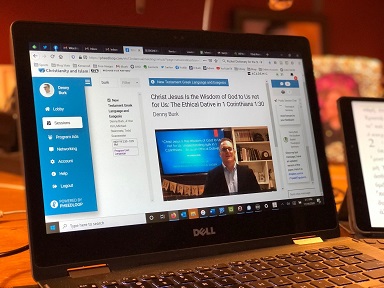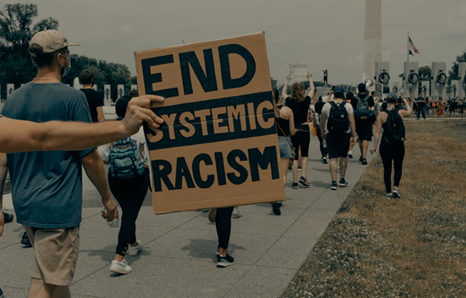 Wayne Grudem has written a short article on when it is appropriate to draw new doctrinal boundaries. He writes:
Wayne Grudem has written a short article on when it is appropriate to draw new doctrinal boundaries. He writes:
“Christian groups usually have doctrinal statements that define the ‘boundaries’ of their organizations. How can they know whether to add new topics to their doctrinal statements from time to time?”
Grudem goes on to ask and answer four questions:
1. Why draw boundaries at all?
2. Why draw new boundaries?
3. When should we draw new boundaries?
4. How do we discern when new boundaries are needed?
Grudem concludes with this:
“We look back with admiration and thanksgiving on those from previous generations who defended many important doctrines of our faith, but with disappointment and shame on those who failed to take a clear stand. Now God has entrusted us with a stewardship in this generation. Now the choice of whether to do something or nothing about false doctrine is up to us.”
There is some needed food for thought in this essay—especially in light of the effort to amend the doctrinal basis of the ETS.
“When, Why & Where To Draw Boundaries” – by Wayne Grudem (9Marks e-Journal)




6 Comments
Brett
I agree to an extent with some of this stuff. However, I think it works both ways. If we’re going to add new stuff to our doctrinal statements, then why don’t we cut some stuff out to? Stuff that was battled with at one time but is not any longer. Stuff that is somewhat irrelevant in light of eternity.
I’d be interested to hear what some of the scholars’ opinions are about the whole “amend ETS” thing. I mean, to me, it seems kind of unfruitful. It’s not the church, and it’s really not even the academy. Why not allow room for, lets say, an open theist to come and read a paper? That way the reformed conservatives will wrestle with the issues brought up and know what is going on in certain scholar’s minds before it hits the bookshelves. I’ll have to speak with a couple of my professors to see what their feelings are. What is the reason for this anyways? What are you trying to combat Denny?
Euphranor
Denny,
Do you think the statement about the universal church would keep some SBC profs from signing?
Euphranor
Denny Burk
It shouldn’t. The statement is by definition minimalistic. It assumes that signers will believe more than what is printed.
Ray Van Neste
I think this article comes from a paper Grudem presented at ETS the same year I presented the critique of the ETS statement.
Grudem’s point is important simply in the ongoing work of clarifying, proclaiming and defending what we believe.
Denny Burk
I thought this looked familiar. Thanks, for pointing that out, Ray.
Brent
Grudem said: “We look back with admiration and thanksgiving on those from previous generations who defended many important doctrines of our faith, but with disappointment and shame on those who failed to take a clear stand.”
I am curious about this statement because it ignores a third option: that boundaries could be wrong. Taking a “clear stand” is, after all, no good – and perhaps harmful – if it’s the wrong stand. The fact that Grudem is, rhetorically speaking, ignoring that possibility is troubling.